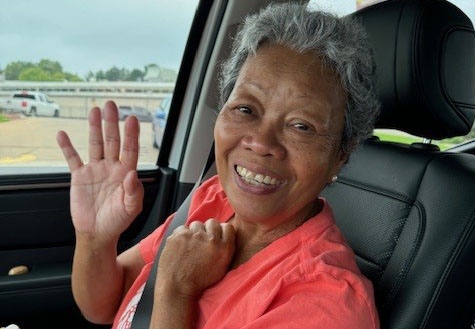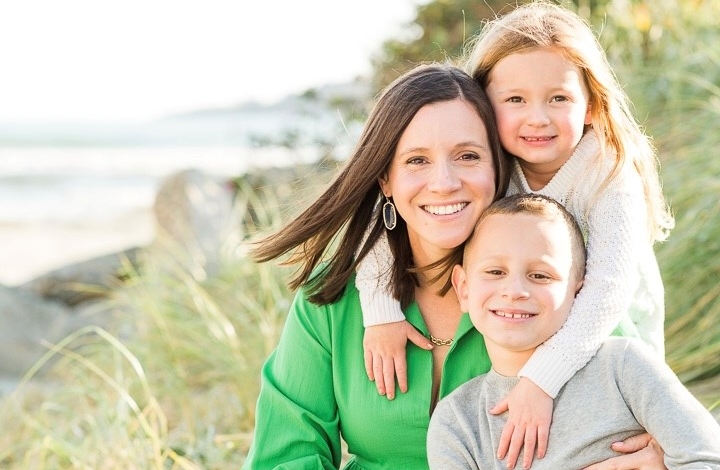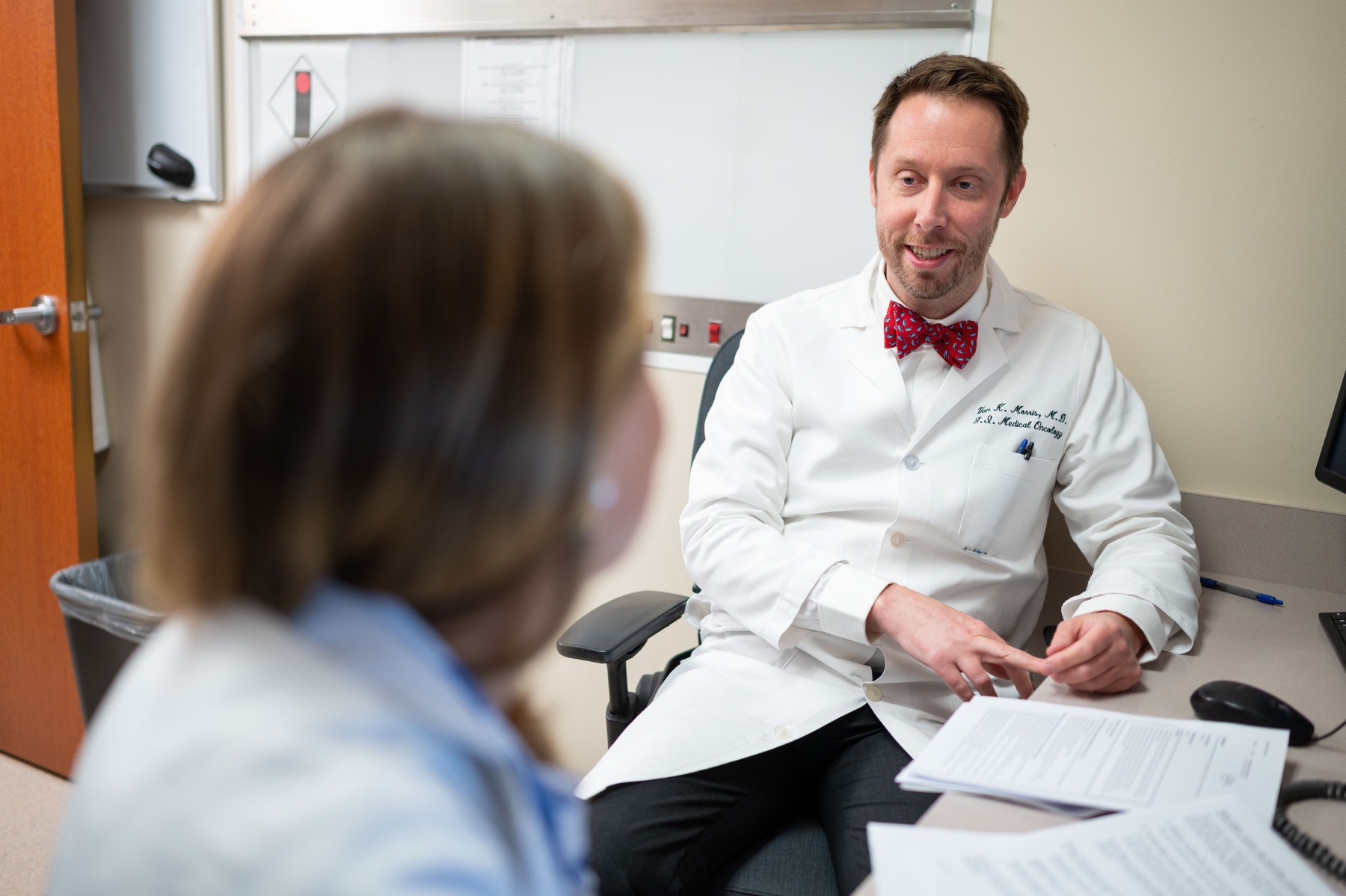- Diseases
- Acoustic Neuroma (16)
- Adrenal Gland Tumor (24)
- Anal Cancer (70)
- Anemia (2)
- Appendix Cancer (18)
- Bile Duct Cancer (26)
- Bladder Cancer (74)
- Brain Metastases (28)
- Brain Tumor (234)
- Breast Cancer (728)
- Breast Implant-Associated Anaplastic Large Cell Lymphoma (2)
- Cancer of Unknown Primary (4)
- Carcinoid Tumor (8)
- Cervical Cancer (164)
- Colon Cancer (168)
- Colorectal Cancer (118)
- Endocrine Tumor (4)
- Esophageal Cancer (44)
- Eye Cancer (36)
- Fallopian Tube Cancer (8)
- Germ Cell Tumor (4)
- Gestational Trophoblastic Disease (2)
- Head and Neck Cancer (14)
- Kidney Cancer (130)
- Leukemia (342)
- Liver Cancer (50)
- Lung Cancer (286)
- Lymphoma (278)
- Mesothelioma (14)
- Metastasis (30)
- Multiple Myeloma (100)
- Myelodysplastic Syndrome (60)
- Myeloproliferative Neoplasm (6)
- Neuroendocrine Tumors (16)
- Oral Cancer (102)
- Ovarian Cancer (178)
- Pancreatic Cancer (162)
- Parathyroid Disease (2)
- Penile Cancer (14)
- Pituitary Tumor (6)
- Prostate Cancer (150)
- Rectal Cancer (58)
- Renal Medullary Carcinoma (6)
- Salivary Gland Cancer (14)
- Sarcoma (238)
- Skin Cancer (302)
- Skull Base Tumors (56)
- Spinal Tumor (12)
- Stomach Cancer (66)
- Testicular Cancer (28)
- Throat Cancer (92)
- Thymoma (6)
- Thyroid Cancer (100)
- Tonsil Cancer (30)
- Uterine Cancer (86)
- Vaginal Cancer (18)
- Vulvar Cancer (22)
- Cancer Topic
- Adolescent and Young Adult Cancer Issues (22)
- Advance Care Planning (12)
- Biostatistics (2)
- Blood Donation (18)
- Bone Health (8)
- COVID-19 (360)
- Cancer Recurrence (120)
- Childhood Cancer Issues (120)
- Clinical Trials (628)
- Complementary Integrative Medicine (22)
- Cytogenetics (2)
- DNA Methylation (4)
- Diagnosis (240)
- Epigenetics (6)
- Fertility (62)
- Follow-up Guidelines (2)
- Health Disparities (14)
- Hereditary Cancer Syndromes (128)
- Immunology (18)
- Li-Fraumeni Syndrome (8)
- Mental Health (122)
- Molecular Diagnostics (8)
- Pain Management (62)
- Palliative Care (8)
- Pathology (10)
- Physical Therapy (18)
- Pregnancy (18)
- Prevention (940)
- Research (390)
- Second Opinion (78)
- Sexuality (16)
- Side Effects (616)
- Sleep Disorders (10)
- Stem Cell Transplantation Cellular Therapy (216)
- Support (408)
- Survivorship (330)
- Symptoms (182)
- Treatment (1794)
Why I'm fighting for renal medullary carcinoma patients
BY Cora Connor
3 minute read | Published January 04, 2017
Medically Reviewed | Last reviewed by an MD Anderson Cancer Center medical professional on January 04, 2017
As I entered the fall of 2016, I found myself excited about my brother Herman’s cancer-free status. He had returned from MD Anderson at the end of August with continued good news: clear scans.
Four years ago, he was diagnosed with renal medullary carcinoma, an extremely rare type of kidney cancer with a poor prognosis. Herman’s been cancer-free for the last two years.
Many people are shocked when they hear Herman is still surviving. When you read the statistics, he shouldn’t be here.
But as I’ve learned, despite your diagnosis, there’s always hope beyond what you see.
Don’t be afraid to reach out
When Herman was diagnosed with renal medullary carcinoma in 2012, our family couldn’t see a way out. All of the odds seemed stacked against us.
To have a center of excellence like MD Anderson accept us was such a blessing. Herman’s story brings hope to everyone who has been diagnosed with renal medullary carcinoma.
However, the statistics are still sobering, and currently there is no cure for renal medullary carcinoma. All of the survivors I meet are desperate for a doctor who is familiar with treating this disease. I feel lucky that we found Nazir Tannir, M.D., Herman’s MD Anderson oncologist, who is one of the world’s leaders in treating renal medullary carcinoma.
Building hope through advocacy
In 2013, I established a foundation dedicated to renal medullary carcinoma to raise awareness and educate others. I care about educating families because I know how important early detection is.
I never thought that we would grow as much as we have over the past three years. We have had countless renal medullary carcinoma patients contact us from around the world. This means so much because when Herman was diagnosed, we couldn’t find one person with the exact same diagnosis.
I remember feeling so hopeless. I didn’t want anyone to feel like this. So I created a community through social media where others can get connected and know that they aren’t alone.
Through this community we’ve launched a petition asking for the President of the United States to help in ensuring that individuals who carry sickle cell trait will be screened. I also created a registry for doctors to analyze information about people with renal medullary carcinoma. The goal of the registry is to gather information that can be used to estimate the number of cases of renal medullary carcinoma each year, estimate the number of people with renal medullary carcinoma at a specific point in time, better understand who gets renal medullary carcinoma and what factors affect the disease, examine the connection between renal medullary carcinoma and those who carry the sickle cell trait, and improve renal medullary carcinoma treatment.
One of our greatest strides thus far was helping enact a bill in my home state of South Carolina, which required hospitals and birth centers to provide sickle cell disease and trait education for each newborn baby considered high-risk for renal medullary carcinoma.
Fighting for better renal medullary carcinoma research and treatment
In advocating for renal medullary carcinoma patients, we speak for the needs of patients, survivors and the loved ones of those who have died of this disease. In doing so, we help shape policy, research and programs, both nationally and internationally.
Now, we’ve gone one step further and are working with Tannir through an alliance comprised of 17 renal medullary carcinoma specialists. The group, which Tannir co-chairs, hopes to set the stage for more renal medullary carcinoma research and clinical trials that will help us better diagnose and treat this rare disease.
I couldn’t have dreamed that we could have this much of an impact when Herman was first diagnosed with renal medullary carcinoma. But as I’ve learned, with hard work and creativity, we caregivers and patients can make our voices heard and bring more attention and resources to rare cancers like renal medullary carcinoma.
Request an appointment at MD Anderson online or by calling 1-877-632-6789.
Related Cancerwise Stories

Despite your diagnosis, there's always hope beyond what you see.
Cora Connor
Caregiver





